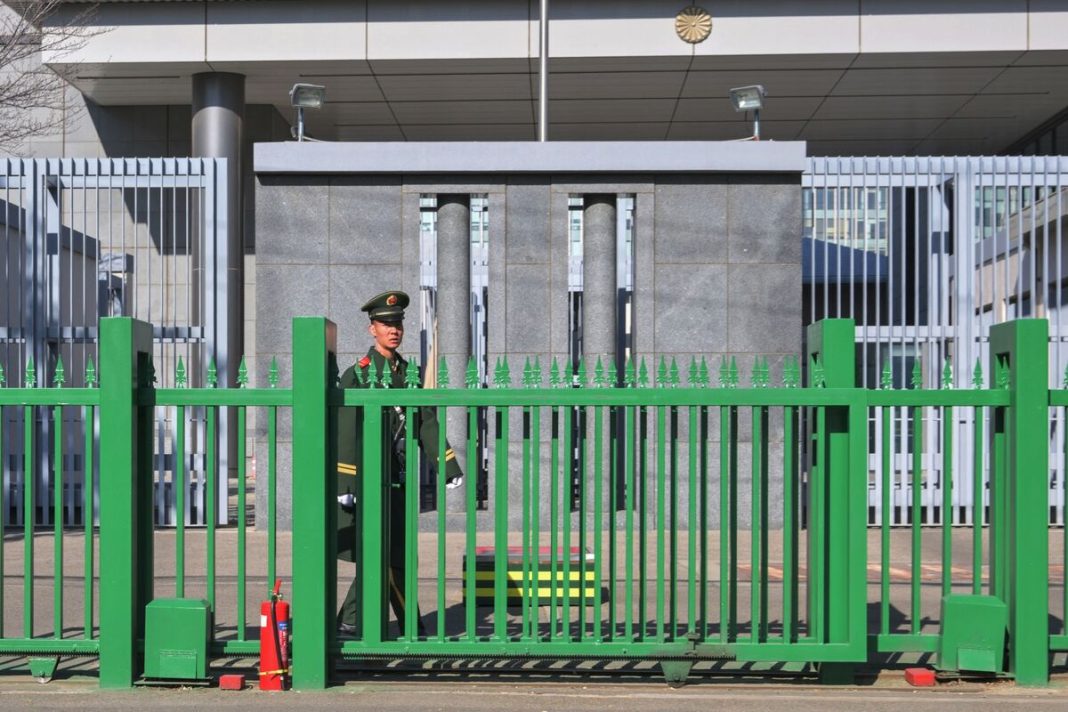Imagine the allure of cherry blossoms, the serene beauty of Kyoto, or the vibrant energy of Tokyo’s streets. For countless travelers, Japan represents a dream destination, a place where ancient traditions meet futuristic innovation. But a shadow has recently fallen over these travel dreams, not from a natural disaster or a pandemic, but from the complex world of geopolitics. China, through official channels and state media, has begun to advise its citizens against traveling to Japan, specifically linking the caution to the ongoing, highly sensitive debate surrounding Taiwan.
The Invisible Hand of Politics on Your Travel Itinerary
At its core, this isn’t a simple travel advisory about safety or health. This is diplomacy playing out in the realm of tourism, a subtle but potent message from Beijing. China views Taiwan as an inseparable part of its territory, a fundamental red line. Japan, while acknowledging Beijing’s “one China” policy, has increasingly expressed concerns over peace and stability in the Taiwan Strait, particularly given its proximity and economic ties to the island. This stance, seen by Beijing as interference, has ratcheted up tensions between the two Asian powerhouses.
When a government suggests its citizens reconsider travel to a neighboring nation, the implications stretch far beyond airport queues. It’s a calculated move designed to exert pressure, signaling displeasure and potentially impacting the destination’s economy. The message, though perhaps not an outright ban, is clear: align your personal choices with the national interest. As Dr. Lena Chen, a geopolitical analyst, put it, “This isn’t just about diplomatic statements; it’s about influencing public behavior and economic ties, turning individual decisions into instruments of foreign policy.“
The Human Cost: Dreams Deferred and Connections Lost
For many Chinese citizens, the news comes with a mix of understanding and disappointment. Japan has long been a top destination, celebrated for its unique culture, cuisine, and shopping. Travel agencies and tour operators on both sides of the East China Sea feel the immediate economic chill. Hotel bookings, flight reservations, and meticulously planned itineraries become casualties of high-stakes international relations.
But beyond the economic impact, there’s a deeper, more poignant loss. Travel is often about building bridges, fostering understanding, and experiencing different ways of life. When these people-to-people connections are deliberately curtailed, it deprives individuals of invaluable experiences and limits opportunities for cultural exchange. Young people eager to explore, families planning reunions, or even business professionals looking to network suddenly find their plans shrouded in uncertainty, caught in the crosscurrents of political maneuvering.
Navigating the New Normal of Geopolitical Travel
This situation highlights a growing trend where international travel is increasingly intertwined with global politics. For travelers, it means being more aware of geopolitical shifts and how they might impact their plans. For nations, it’s a reminder of how deeply interconnected our world has become, where a dispute over a sovereign claim can ripple out to affect the livelihoods of tour guides and the dreams of holidaymakers.
The decision by China to discourage travel to Japan over the Taiwan issue serves as a stark reminder that even something as personal as a vacation can become a pawn in a larger game. It challenges us to consider the broader implications of global politics on individual lives and the enduring power of diplomacy, or its absence, to shape our collective future. The hope remains that open dialogue and peaceful resolutions will eventually pave the way for a world where the desire to explore and connect triumphs over political divisions.




